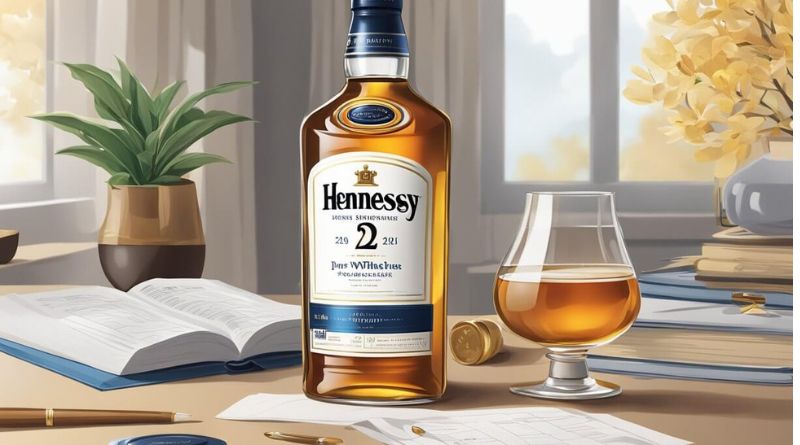Pure White Hennessy, a variant of the renowned Hennessy cognac, has gained a cult following for its smooth taste and unique flavor profile. However, it is often noted as being illegal or hard to find in certain markets, particularly in the United States. This article explores the reasons behind its legal status, the implications of its prohibition, and answers common questions surrounding the topic.
Table of Contents
What is Pure White Hennessy?
Pure White Hennessy is a cognac produced by the Hennessy brand, known for its high quality and distinctive characteristics. Unlike traditional Hennessy products, Pure White is not aged in barrels, resulting in a lighter color and a fresher flavor. It is particularly popular in the Caribbean and parts of Europe, where it is readily available.
Why is Pure White Hennessy Illegal in Some Places?
1. Regulatory Issues
The primary reason Pure White Hennessy is illegal in some jurisdictions, particularly in the U.S., relates to strict alcohol regulations. The Alcohol and Tobacco Tax and Trade Bureau (TTB) oversees the importation and sale of alcoholic beverages. For a product to be sold legally, it must meet specific labeling and importation standards.
- Labeling Regulations: Pure White Hennessy may not comply with the necessary labeling requirements for the U.S. market, leading to its classification as an illegal import.
2. Limited Distribution
Hennessy deliberately limits the distribution of Pure White Hennessy. While it is produced, it is primarily marketed towards specific regions, such as the Caribbean and Europe. As a result, when it appears in the U.S. market, it may not be through authorized channels, leading to its classification as illegal.
3. Counterfeit Concerns
The limited availability of Pure White Hennessy has led to the rise of counterfeit products. Illegal imports may include fakes that do not meet the brand’s quality standards. Authorities may therefore take a strong stance against any unauthorized distribution to protect consumers from potential fraud.
Implications of the Ban
Economic Impact
The prohibition of Pure White Hennessy in certain markets means that consumers often turn to the black market or unauthorized sellers, which can undermine legitimate businesses and tax revenues for governments. It also limits the brand’s ability to reach new customers in markets where it has significant potential.
Cultural Consequences
In regions where Pure White Hennessy is popular, its prohibition can lead to a disconnect between consumer preferences and legal availability. This can affect social and cultural practices associated with the drink, particularly in celebrations and gatherings.
FAQs
Is Pure White Hennessy illegal everywhere?
No, Pure White Hennessy is not illegal everywhere. It is legally available in various countries, particularly in the Caribbean and Europe. However, it is restricted in markets like the United States.
Can I bring Pure White Hennessy from another country to the U.S.?
Bringing Pure White Hennessy into the U.S. may be subject to customs regulations. Travelers should be aware of the limits on alcohol importation and the risk of confiscation if the product is considered illegal.
Why can’t I find Pure White Hennessy in stores?
The limited distribution of Pure White Hennessy means it is not stocked in many liquor stores, especially in the U.S. If you are looking for it, it’s best to check stores that specialize in imported liquors or to travel to regions where it is available.
Are there legal alternatives to Pure White Hennessy?
While there may not be an exact substitute, many other cognacs offer similar flavor profiles. You can explore different brands and varieties that are legally available in your area.
What should I do if I encounter Pure White Hennessy being sold illegally?
If you come across Pure White Hennessy being sold illegally, it’s best to report it to local authorities. Engaging with unauthorized products can lead to legal issues and support the black market.
Conclusion
Pure White Hennessy’s legal status stems from regulatory issues, limited distribution, and concerns over counterfeit products. While it remains a beloved choice for many, its prohibition in certain areas highlights the complexities of alcohol regulation. Understanding these factors can help consumers make informed choices and appreciate the nuances of global alcohol markets. Whether you’re a fan of cognac or simply curious, being aware of these legal nuances can enhance your drinking experience responsibly.
